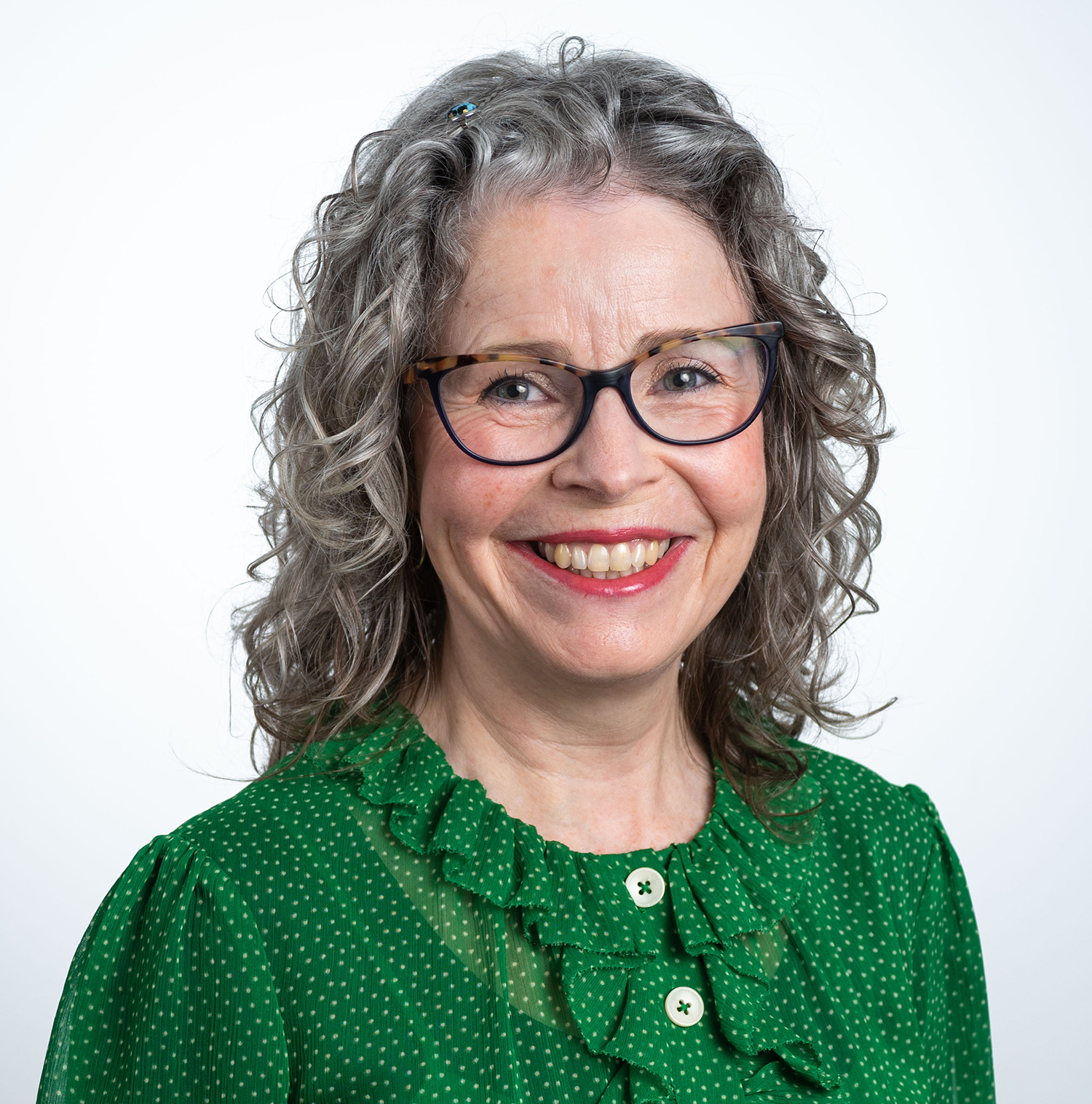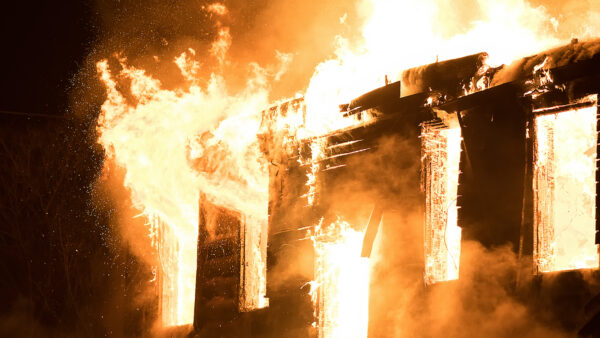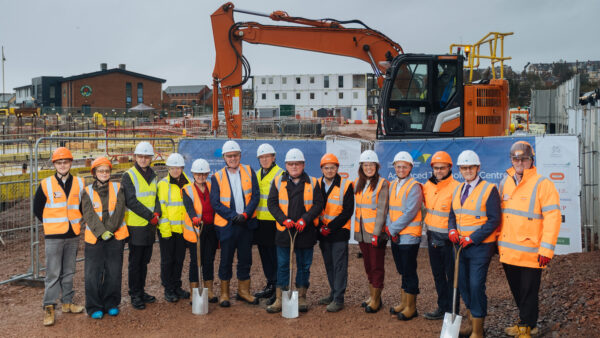Institute of Roofing CEO Kay Rose is on a mission to change the sector. She talks to Will Mann about professionalism, drones, diversity – and music.
We’re at a major crossroads in our industry,” says Kay Rose, CEO of the Institute of Roofing (IoR). “With the Building Safety Act, there is pressure on our organisation to step up. We need to show we are relevant, provide the right training and qualifications, and drive up competency standards in roofing – there must never be another Grenfell.”
For Rose, this means making significant changes at the IoR. Established in 1980, it has 1,200 members – but the new CEO has growth ambitions. She launched her new vision at this year’s AGM in London’s National Gallery. “I wanted a high-profile venue, to make a statement of intent,” she says.
One of her ideas is to bring in expertise from beyond the roofing sector to offer “fresh eyes”. To that end, she invited CIOB CEO Caroline Gumble to speak at the AGM.

“We’re behind with digital adoption in the UK, compared to the USA, and that’s something I want to promote in our industry. It’s also a good way of attracting people to careers in roofing.”
“CIOB is an example of where we should be,” Rose says. “In theory, because every building has a roof, we could have 47,000 members like the CIOB. That’s obviously some way off. But we are speaking to CIOB’s director of education Ros Thorpe about how we could work together on training. Many of our members are also CIOB members.”
Rose, who is a fellow of the IoR, worked at the National Federation of Roofing Contractors (NFRC) prior to joining the institute, and spent 11 years with Axter. She acknowledges that roofing manufacturers develop their own courses but thinks there is other training the IoR can offer.
“We see our role being more at a professional and project management level, less so the hands-on skills,” she says. “We also want to support members who work for small organisations which don’t have the resources to provide training inhouse. We will collaborate with other trade bodies like the NFRC on issues such as competency.
“I see the IoR as a lynchpin for the industry. We must become the go-to professional membership organisation that every person in the roofing industry aspires to join.”
Rose says roofing can be “an old boys’ club”, an image she wants to change. “But things are improving, with greater diversity,” she says. This is where the new IoR Ambassadors scheme comes in. “They will be individual members who act as mentors for others at any level, providing support to new members or people who are thinking of joining the IoR,” she explains.
Institute of Roofing
Established in 1980
1,200 members
Members work in manufacturing, distribution, contracting, training and support services
Website: Institute of Roofing
One skills area she feels “strongly” about is digital technology. “I spent two years with US firm EagleView, which uses aerial imagery and drone technology to measure roofs. It can be used for everything from solar installation to repairing storm damage. And you don’t have to spend a day measuring a roof; with EagleView you use their imagery of the roof and can generate an estimate for the work from their app.
“But we’re behind with digital adoption in the UK, compared to the USA, and that’s something I want to promote in our industry. It’s also a good way of attracting people to careers in roofing.”
Rose has an unusual career background herself, having graduated with a music degree and worked in the music industry for more than a decade, before joining Jewson. “But this shows you can develop a roofing career even if you come from another sector,” she says.
Obtaining chartered status is Rose’s ultimate goal for the IoR. “The changes we are making now will hopefully help us achieve that,” she says.











